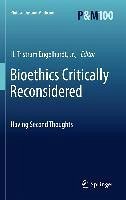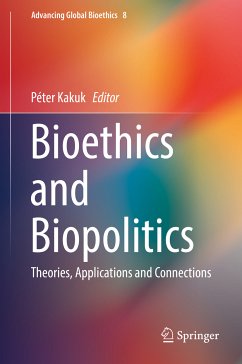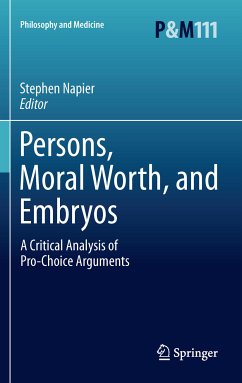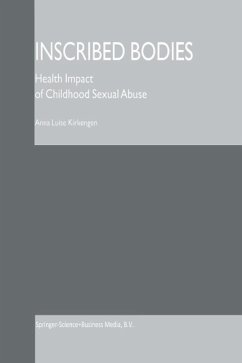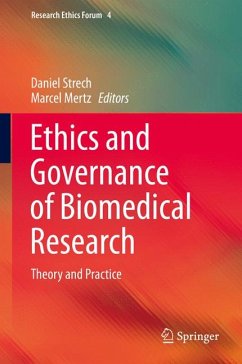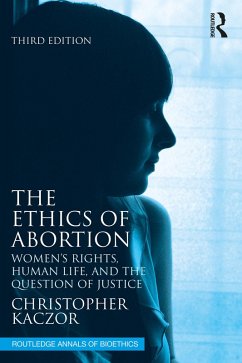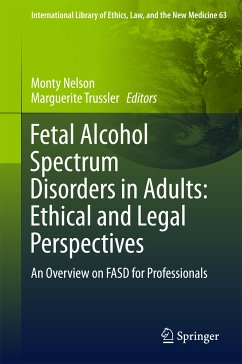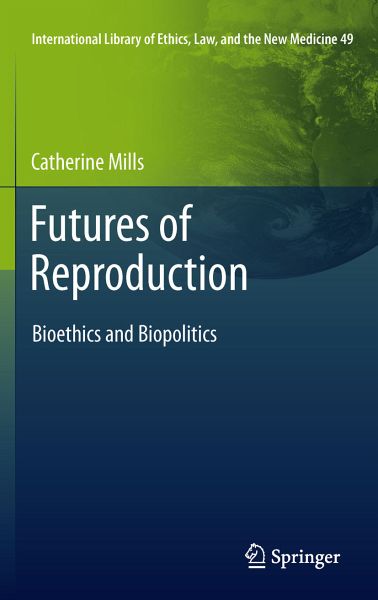
Futures of Reproduction (eBook, PDF)
Bioethics and Biopolitics
Versandkostenfrei!
Sofort per Download lieferbar
72,95 €
inkl. MwSt.
Weitere Ausgaben:

PAYBACK Punkte
36 °P sammeln!
Issues in reproductive ethics, such as the capacity of parents to 'choose children', present challenges to philosophical ideas of freedom, responsibility and harm. This book responds to these challenges by proposing a new framework for thinking about the ethics of reproduction that emphasizes the ways that social norms affect decisions about who is born. The book provides clear and thorough discussions of some of the dominant problems in reproductive ethics - human enhancement and the notion of the normal, reproductive liberty and procreative beneficence, the principle of harm and discriminati...
Issues in reproductive ethics, such as the capacity of parents to 'choose children', present challenges to philosophical ideas of freedom, responsibility and harm. This book responds to these challenges by proposing a new framework for thinking about the ethics of reproduction that emphasizes the ways that social norms affect decisions about who is born. The book provides clear and thorough discussions of some of the dominant problems in reproductive ethics - human enhancement and the notion of the normal, reproductive liberty and procreative beneficence, the principle of harm and discrimination against disability - while also proposing new ways of addressing these. The author draws upon the work of Michel Foucault, especially his discussions of biopolitics and norms, and later work on ethics, alongside feminist theorists of embodiment to argue for a new bioethics that is responsive to social norms, human vulnerability and the relational context of freedom and responsibility. This is done through compelling discussions of new technologies and practices, including the debate on liberal eugenics and human enhancement, the deliberate selection of disabilities, PGD and obstetric ultrasound.
Dieser Download kann aus rechtlichen Gründen nur mit Rechnungsadresse in A, B, BG, CY, CZ, D, DK, EW, E, FIN, F, GR, HR, H, IRL, I, LT, L, LR, M, NL, PL, P, R, S, SLO, SK ausgeliefert werden.



